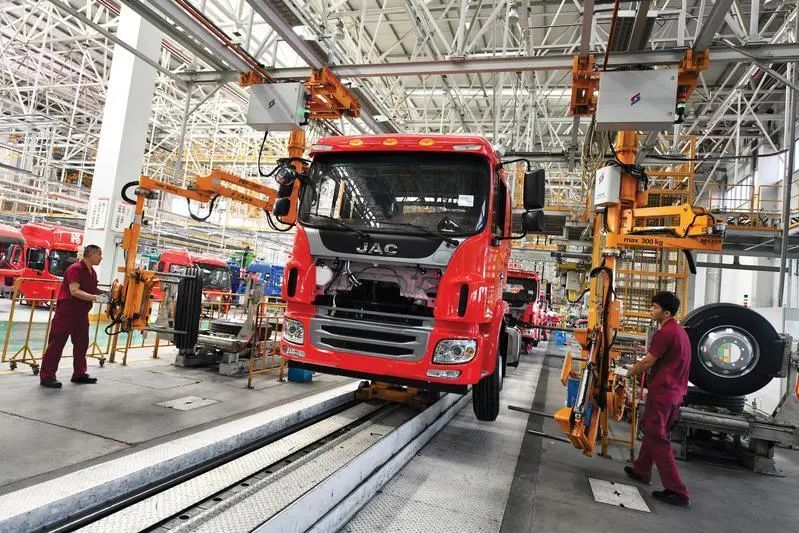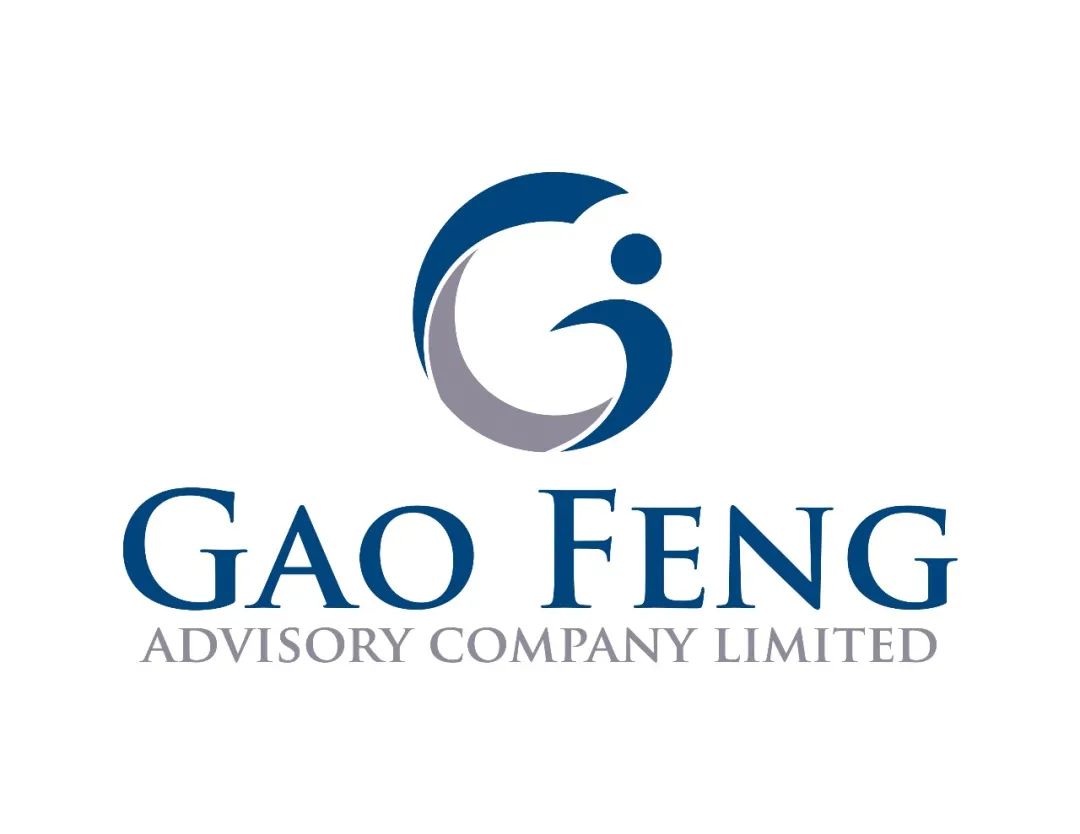China Daily | Leading the Way

By Andrew Moody
Monday, August 10, 2020, 16:30
On August 10, Gao Feng Advisory's CEO Dr. Edward Tse was quoted by China Daily on China leading the global economic recovery
China could emerge from the pandemic a more dominant economy, replacing the United States as the world's largest within the current decade, experts believe. The world's second-largest economy has the potential to lead the global economy out of recession in the months ahead.
Jeremy Stevens, Beijing-based chief China economist at Standard Bank — the largest lender in Africa — said China is the only major country to successfully reduce COVID-19 cases while reviving its economy.
It recorded 3.2 percent growth in the second quarter, according to the National Bureau of Statistics.
"The Chinese economy will certainly outperform almost all others, probably by quite a wide margin," said Stevens.
"China's response to the pandemic has been far more focused, forceful and effective than elsewhere. Policy has focused on keeping businesses afloat and people employed, and this has paved the foundation for the swift recovery."
With the US economy contracting by a record 32.9 percent in the second quarter and on track for an 8 percent yearly slump, China's economy may become the leading global economy sooner than anticipated.
The Centre for Economics and Business Research, a London-based consultancy, predicts this could happen by 2029, four years ahead of the forecast in its annual World Economic League Table published in December.
Douglas McWilliams, the consultancy's deputy chairman, said: "We will not have a definitive prediction until we update our table later this year, but our best guess at this stage is that China will overtake the US at least two years earlier than expected and possibly up to four years earlier."
Stevens said the gap between growth rates in China and the US has not been as wide since the previous decade started, when China still enjoyed double-digit economic growth.
"This is a deviation from the margin last seen in 2010, and China’s economy is likely to expand at a decade high in 2021 owing to favorable base effects," he said.
Kerry Brown, director of the Lau China Institute at King's College London, said the crisis demonstrated the effectiveness of China’s governing system, helping it bridge the gap with the US in terms of its economy’s size.
"The centralized nature of economic decision-making in China means that in times of crisis like this, the Chinese government has more levers available to it to control things that might stimulate the economy and employment," he said.
"China still has plenty of potential sources of domestic growth — consumption for instance — and it can now cultivate these further. That means it will be able to face the current issues with more flexibility and readiness than others, although the question is whether this will be sustainable."
Edward Tse, founder and CEO of management consultancy Gao Feng Advisory, thinks the Chinese economy’s strength offers a pathway to global recovery.
"China’s role in the world in terms of its contribution to global GDP growth continues to be very significant and is probably going to be even more significant because the rest of the world is lagging so far behind," he said.
President Xi Jinping made clear in a letter to global CEOs on July 16 that the fundamentals of China’s long-term economic growth had not changed despite the pandemic.
He said the country remained committed to deepening reform and further opening up its economy to provide a better investment environment — one in which Chinese and foreign enterprises can thrive.

Workers man an assembly line at the Fuyang branch of JAC Motors in Anhui province. (LU QIJIAN / FOR CHINA DAILY)
Five days later, Xi reinforced this message at a symposium of Chinese entrepreneurs, saying the government remained committed "to creating a market-oriented, law-based and internationalized business environment".
Koh King Kee, president of the Centre for New Inclusive Asia, a think tank based in Kuala Lumpur, said this would make China an attractive place for investment as the world recovers.
"Xi's pro-business statement will undoubtedly provide a big boost to business confidence in China, both to foreign and local enterprises," he said.
A new Foreign Investment Law took effect on Jan 1, opening up other sectors for investment and entitling foreign companies to "national treatment", giving them the same rights as domestic ones.
The World Bank ranked China fifth among 190 nations in improvements made since 2015, in terms of ease in doing business.
In its Doing Business 2020 report, China ranked 31st among countries having the best business environment, ahead of France (32nd), Israel (35th) and the Netherlands (42nd), and only just behind Japan (29th), Germany (22nd) and Canada (23rd).
Parag Khanna, founder and managing partner of strategic advisory company FutureMap, and author of The Future is Asian, said China’s openness is particularly evident in the financial markets.
"It has become clear in recent months that China is keen on capital account liberalization, and Western asset managers have been increasing their exposure to China’s debt, equity and bond markets despite American political pressure to disengage," he said.
"The lifting of foreign ownership caps in the banking and insurance sectors and Tesla’s growth in China speak to the market opportunities," he said, referring to the US electric car maker and clean energy company.
Andrew Sheng, a former central banker and financial regulator, now a distinguished fellow at the Asia Global Institute at the University of Hong Kong, said this openness will be beneficial as China emerges from the pandemic.
"The commitment to deepening reform and further opening-up is welcome and necessary if China and the world economy are to recover strongly," he said.
Many analysts believe China will turn the crisis into an opportunity to redouble efforts to lead future industries.
The National People’s Congress, the country’s top legislature, approved a plan in May to invest US$1.4 trillion over the next six years in technology, including 5G and artificial intelligence, with local governments set to work with China’s private high-tech giants.
With national champions such as Huawei, China has far outpaced rivals in 5G mobile communications, which enable vital new technologies spanning the internet of things to driverless cars.
China also wants to lead the green revolution, with major investments being sunk into clean energy technology.
Sheng believes China will seize the opportunity presented by the pandemic, saying that while China made unprecedented levels of infrastructure investment after the 2008 global financial crisis, the focus now will be on the tech sector.
"This time around, smart investing in people and software, especially green products and services that are less carbon- and resource-intensive, will pay off better than huge increases in hard infrastructure, which happened a decade ago," he said.
Koh, from the Centre for New Inclusive Asia, said China is already trying to build a new economy and the crisis will further act as a catalyst for change.
He believes the scale of investment in "new infrastructure", including big data centers and 5G, new energy vehicle charging stations, high-speed railways and long-distance power transmission to bring cities renewable energy, has overtaken the West.
"Such investments are in line with China’s aim to transition from a polluting, export-led manufacturing economy toward one that is high-tech and service-driven," he said.
Tse, from Gao Feng Advisory, author of China’s Disruptors: How Alibaba, Xiaomi, Tencent and Other Companies are Changing the Rules of Business, said that despite the pandemic, China is entering a new era of innovation.
"China has a lead in so many of the disruptive technologies that are going to shape the industries of the future. What you have got in China is this ecosystem with national government, local government and the private sector all working together in a national technological effort. It is completely unique," he said.
"What you have also got is this entrepreneurial culture and this huge market where companies can try out new ideas."
Some observers believe that trade tensions with the US have also spurred China’s technological effort.
The country's biggest semiconductor maker, Semiconductor Manufacturing International Corp, was floated on the Shanghai Stock Exchange on July 16, with its shares surging by 245 percent.
With Washington attempting to block Chinese technology companies from using US chips, China will focus on producing them domestically.
"The US-China trade war has already served to accelerate China’s efforts to upgrade its semiconductor and other industries," said FutureMap's Khanna, adding that whatever the pressure, China is unlikely to be diverted from its long-term commitment to technology.
Sheng believes the key battleground will be in delivering green products to a consumer base keenly aware of global risks such as climate change, based on the experiences learned during the pandemic.
He also thinks domestic consumption will be important to China’s economic recovery.
"China has reached the Ford moment, where if you pay your people better, they will buy your own product. Domestic consumption will be the key driver of growth for China, but it has to be green."
Koh also feels that domestic consumption is key to China’s recovery.
The country’s domestic consumer market is set to rise by US$6 trillion from now until 2030, more than the forecast increase in both the US and European Union combined, according to McKinsey & Co, the management consultants.
Brown, from King’s College London, author of China’s World: What Does China Want?, believes the worst outcome of the crisis would be heightened tensions between the US and China.
"It is clear that the US and China do not share common values or a common worldview, but they have to work together on common global problems," he said.
"This will likely be a bipolar world that will need constant management, but that does not mean a cold war."


Gao Feng Advisory
Gao Feng Advisory Company is a professional strategy and management consulting firm with roots in China coupled with global vision, capabilities, and a broad resources network
Wechat Official Account:Gaofengadv
Shanghai Office
Tel: +86 021-63339611
Fax: +86021-63267808
Hong Kong Office
Tel: +852 39598856
Fax: +852 25883499
Beijing Office
Tel: +86 010-84418422
Fax: +86 010-84418423
E-Mail: info@gaofengadv.com
Website: www.gaofengadv.com
Weibo: 高风咨询公司

